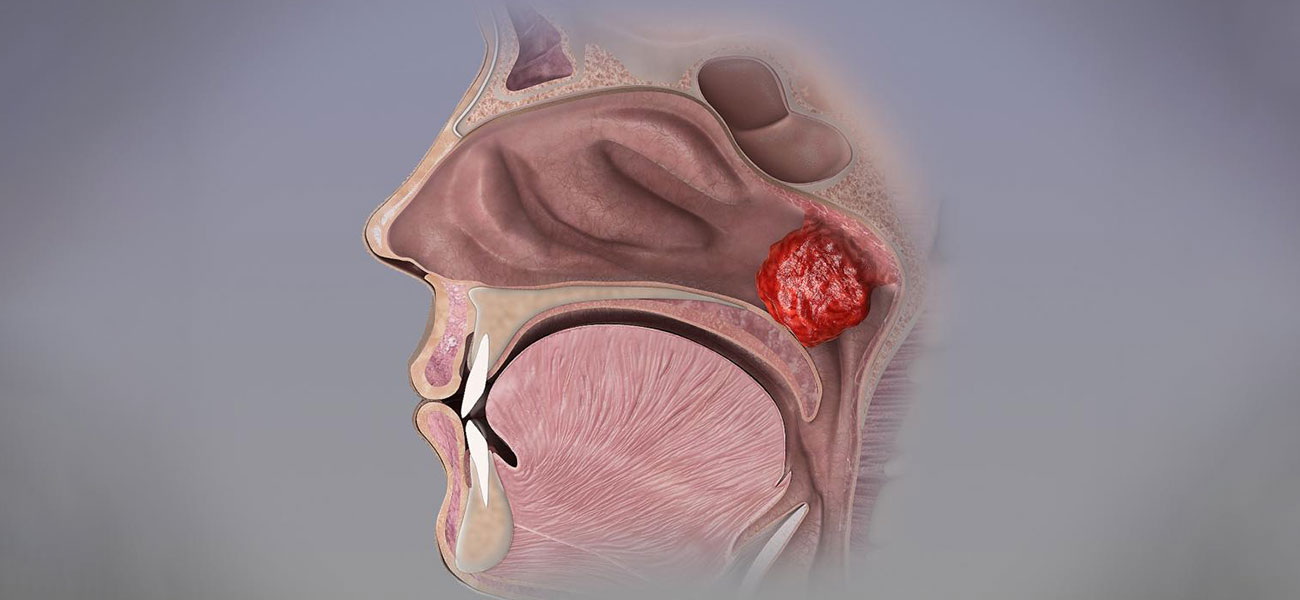Nasopharyngeal Angiofibroma
Nasopharyngeal angiofibroma is a rare tumor that may sound complex and frightening. It is a benign tumor that forms in the nasopharynx area, where the back of the nose connects with the upper part of the throat. The word “tumor” may sound concerning when first heard, but nasopharyngeal angiofibroma does not turn into cancer and does not spread to other parts of the body. Although the exact cause is not known, hormonal changes and genetic factors are thought to play a role.
Who is Affected?
This tumor predominantly affects adolescents and only men. It typically occurs in the age range of 10-19 years. Although it is a rare condition, its occurrence in this age group can be a cause of concern for families and individuals. The symptoms of nasopharyngeal angiofibroma may vary from person to person, but the most common symptoms are:
- Persistent nasal congestion
- Recurring nosebleeds
- Swelling or changes in the shape of the face
When these symptoms are noticed early, the treatment process can proceed more smoothly.
How is it Diagnosed and Treated?
The diagnosis of nasopharyngeal angiofibroma usually begins with a detailed examination by an otolaryngologist (ENT specialist). Imaging methods such as CT (Computed Tomography) and MRI (Magnetic Resonance Imaging) are used for a definitive diagnosis.
The treatment process depends on the size of the tumor, its spread, and the patient’s overall health. Often, surgical intervention is required. In addition to traditional open surgery methods, less invasive techniques such as endoscopic surgery are now available, allowing for a more comfortable treatment process and faster recovery.
Conclusion
Nasopharyngeal angiofibroma is a rare condition that can be managed with early diagnosis and appropriate treatment. While it may seem frightening, as you gain more information, your concerns will decrease, and managing the process becomes easier. If you have any doubts, remember that you should definitely consult a healthcare professional for proper guidance. Knowledge is power, and when it comes to health, being well-informed is your greatest ally!




